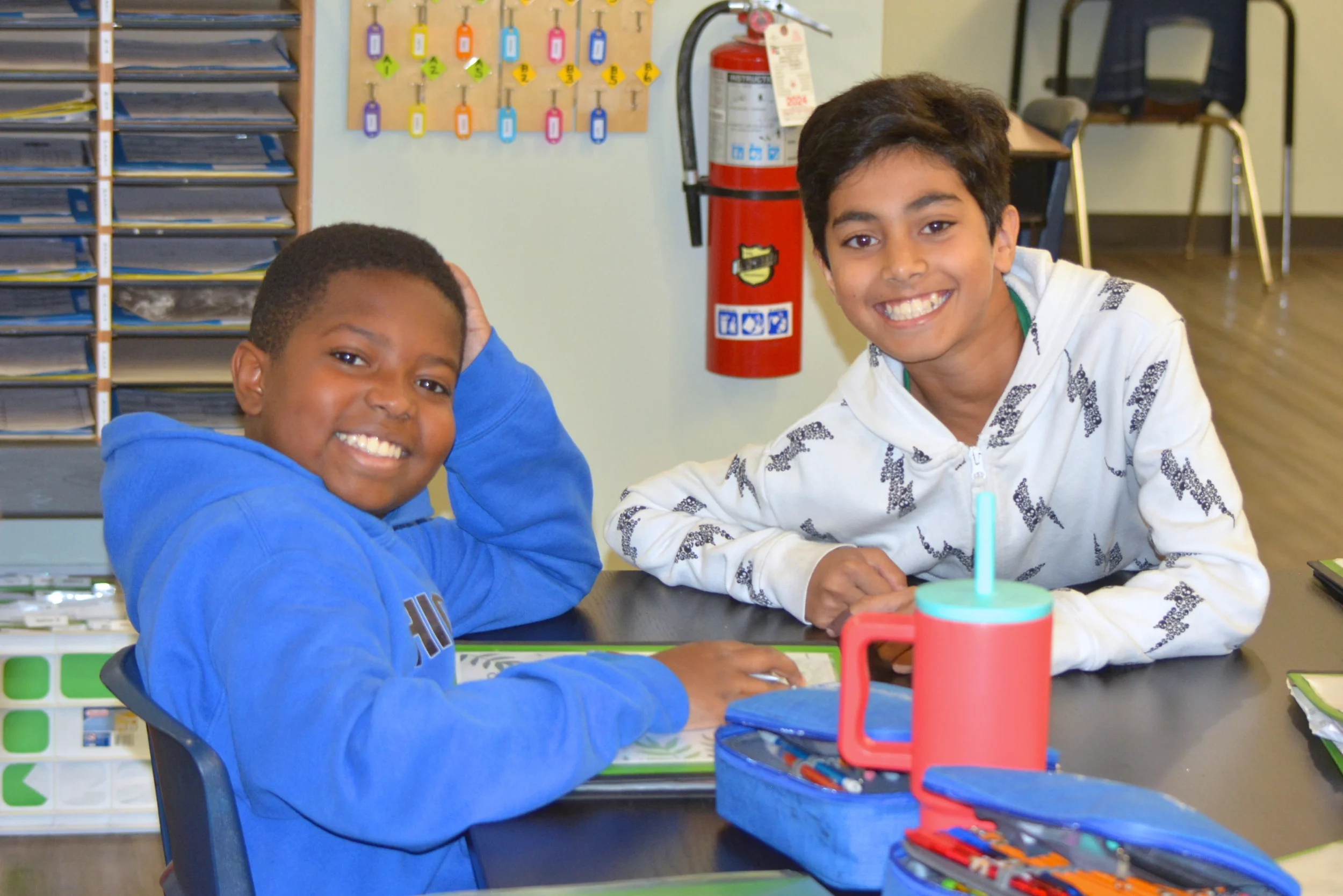Mindset
“Bright.” “Gifted.” “Quick learner.” “Exceptional.” “Smart.” What parents wouldn’t want to hear these words spoken of their child? Children who are described in this way tend to cruise by the elementary years easily. In the blink of an eye, picture books are replaced with chapter books, grades prove to be strong, and time for life outside of school is plentiful.
Fast forward a few years. Show us a child who shined with promise in elementary school and we’ll show you a student who has likely become a “specialist” by middle school. While these students do well on tests and bring home great grades, not everything is as rosy as before: these children begin to shy away from certain subjects. You’ll begin to hear things like “I’m not good at math,” or “I don’t really like science,” or “Mr. Davis just doesn’t like me.”
For parents of these students, this is beyond puzzling. They may find themselves wondering, how did my bright, exceptional kid simply decide that she couldn’t learn geometry or chemistry? They may even begin to believe the idea that their child really isn’t a “math person,” for example, and instead encourage her to focus on her amazing strengths in another subject, such as writing.
The Consequences of “Smart”
With the best intentions, parents, teachers, and loved ones are quick to give children positive labels. These labels, however, can produce unexpected consequences. Carol Dweck, a Stanford University psychologist and cognitive science researcher, has shown that we may actually damage our children’s motivation towards school work by sticking them with positive labels.
In her comprehensive book on the subject, Mindset, Dweck explains that when we label children as “smart” or “exceptional” early on, these same children may later feel that they’re “just bad at math” or “klutzy at sports.” These children follow suit, placing themselves into categories: Smart vs. Not Smart. Talented vs. Hopeless.
Through their experience, they’ve come to understand that “smart” simply means “being able to do things without effort.” This generates a hesitancy to take on challenges or exert effort for fear that they will no longer appear smart to the ones who have labeled them so. Over time, these children direct their focus toward areas in which they feel “talented,” shying away from those for which they feel that they do not have an natural gift. Worse, these kids begin to see mistakes as things to hide rather than an opportunities to learn. For these children, learning becomes an outcome, not a process.
The Growth Mindset at Vine
In response to this conundrum, we at Vine have designated one of our “Vine Nine Values” as grit. We actively work with our students to help develop what Carol Dweck calls a “growth mindset” by:
encouraging our students to embrace every failures (we dig articles like this)
believing that learning is possible in every subject when paired with hard work.
focusing on the process of learning, rather than the outcome.
praising students’ efforts, rather than only focusing on completion of projects or assessments.
At Vine, we understand and embrace children whose intelligence has, in one way or another, hampered other aspects of their learning. Our uniquely structured classes and intentional teaching methods help students combat paralyzing perfectionism with a toolbox of strategies for embracing failure and having the courage to tackle new challenges.


